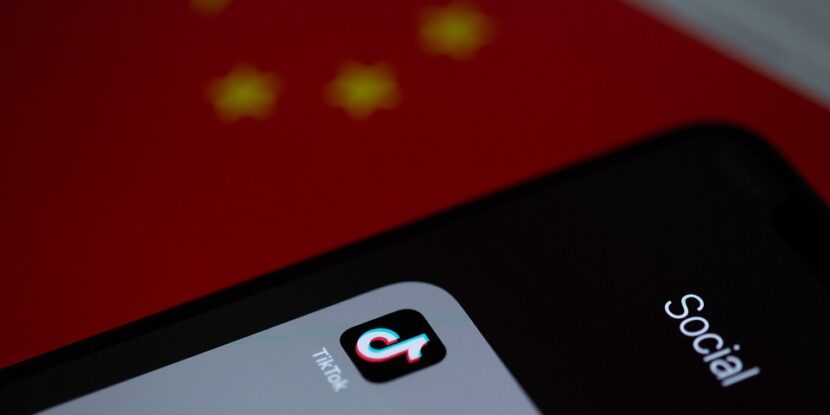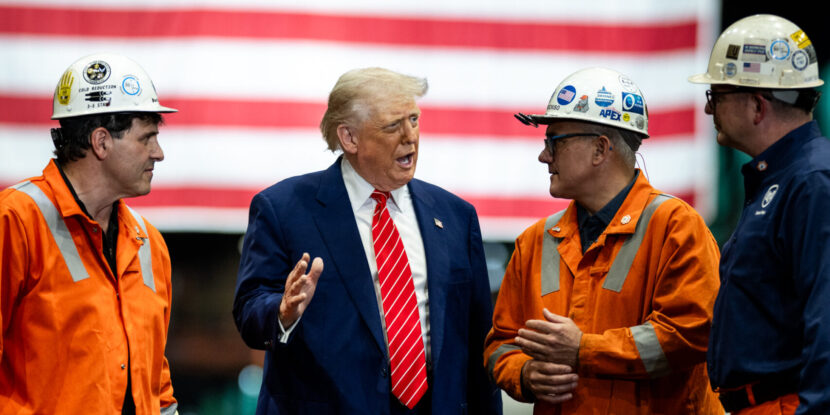PULSE POINTS:
❓What Happened: Apple’s plan to integrate Alibaba’s artificial intelligence (AI) models into iPhones for the Chinese market faces scrutiny from Republican and Democrat lawmakers on Capitol Hill.
👥 Who’s Involved: Apple, Alibaba, U.S. lawmakers, including Representative Raja Krishnamoorthi (D-IL), and national security officials.
📍 Where & When: China and the United States; ongoing discussions, including a March meeting with the House Select Committee on China.
💬 Key Quote: “Alibaba is a poster child for the Chinese Communist Party’s military-civil fusion strategy, and why Apple would choose to work with them on AI is anyone’s guess,” said Rep. Raja Krishnamoorthi.
⚠️ Impact: Concerns over potential data-sharing, surveillance, and military tech development linked to the Chinese Communist Party (CCP).
IN FULL:
Apple’s collaboration with Chinese tech giant Alibaba to enhance artificial intelligence (AI) capabilities in iPhones sold in China has sparked significant concerns among U.S. lawmakers and national security officials in President Donald J. Trump’s administration. The partnership, aimed at integrating Alibaba’s AI models into Apple devices, has raised alarms over potential risks related to data-sharing, surveillance, and military technology development.
The deal has prompted scrutiny over whether Alibaba, a company with close ties to the Chinese Communist Party (CCP), could gain access to sensitive data or technical insights through the arrangement. Officials worry such access might contribute to state-run programs, including those tied to China’s military objectives.
During a March meeting with the House Select Committee on China, Apple executives reportedly struggled to provide clear answers about the scope of the agreement with Alibaba. Questions remain about what kind of user data might be shared and whether Apple has agreed to comply with Chinese regulations that could demand broader data access or restrict certain functionalities.
Representative Raja Krishnamoorthi (D-IL), a member of the House Intelligence Committee, criticized Apple’s lack of transparency, saying, “It is extremely disturbing that Apple has not been transparent about its agreement.” He added, “Alibaba is a poster child for the Chinese Communist Party’s military-civil fusion strategy, and why Apple would choose to work with them on AI is anyone’s guess.”
Apple’s push to expand its AI offerings globally, including in China, is part of its broader growth strategy. China is Apple’s second-largest market, accounting for nearly 20 percent of the company’s global revenue. However, this effort comes with risks, particularly as geopolitical tensions between the U.S. and China have escalated.
The U.S. government has already imposed restrictions on China’s access to advanced semiconductors and tools. Lawmakers fear that commercial collaborations, such as Apple’s partnership with Alibaba, could undermine these efforts by indirectly aiding China’s technological advancements in areas with potential military applications, including autonomous weapons and drone coordination.




















